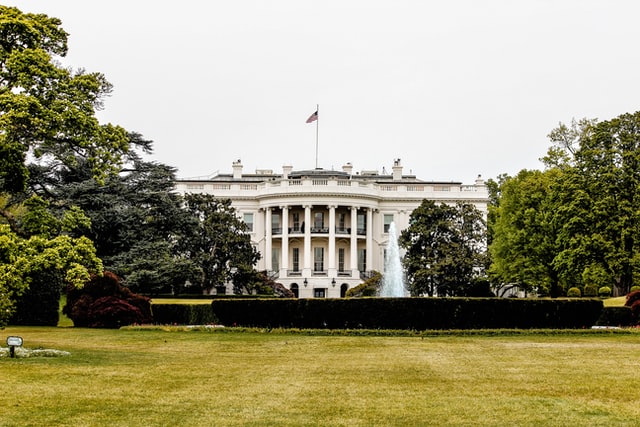A force of dementia advocates call on congress to triple funding for CDC Alzheimer's & Healthy Aging Program
Dementia advocacy groups including UsAgainstAlzheimer’s, American Heart Association, Volunteers of America, National Consumers League, American Public Health Association, Alzheimer’s Association, Trust for America’s Health and National Association of Chronic Disease Directors seek $60 million from Congress for the CDC’s Alzheimer’s Disease and Healthy Aging Program.
The financial impact of Alzheimer’s and other chronic health conditions affecting older Americans account for more than 90 percent of U.S. annual healthcare costs. Meanwhile, the proportion of the U.S. population over 55 is increasing 20 times faster than the growth of the population under 55, foreshadowing a public health burden for which the U.S. healthcare system appears dramatically underprepared. Further, these public health burdens disproportionately affect women and communities of color.
To address this, more than 50 health, medical, aging, consumer, Alzheimer’s and dementia advocacy groups this week called on Congress to triple the allotted funding for the Centers for Disease Control and Prevention’s Alzheimer’s Disease and Healthy Aging Program.
“Significant investment is needed to ensure that we are not only increasing lifespan but also health span,” the organizations wrote in a letter to Senator Patty Murray, D-WA, and Senator Roy Blunt, R-MO, the chair and ranking member on the Senate Appropriations Subcommittee on Labor, Health and Human Services, Education and Related Agencies. “Any efforts to improve pandemic preparedness and prevent the spread of infectious disease must also include efforts to prevent chronic disease, address health disparities, and ultimately, improve underlying health and wellness for older Americans.”
The Alzheimer’s Disease and Healthy Aging Program, which according to the CDC’s website exists to develop evidence-based, scientific information to educate, inform, and assist in translating its research into public health practice, is the only place within the agency dedicated specifically to promoting better health for older adults in the U.S. and addressing health equity challenges pertaining to chronic health conditions common among older Americans.
Last year, congress designated for the program $20.5 million — only about 0.25 percent of the overall annual operating budget for the CDC.
Tripling the program’s funding would support urgently needed investment in infrastructure, coordination of healthy-aging efforts and an effort to address the health disparities and social determinants of health that contribute to brain health inequities in women and communities of color.
Research shows that up to 40 percent of cases of dementia could be delayed, and in some cases prevented, through addressing lifestyle-based risk factors including hypertension, exercise, social engagement, hearing loss, depression, and other conditions. Acting on these factors and addressing health inequities among older Americans is a key focus of the program.
The letter’s authors also add that the impact of COVID-19 on older Americans with chronic conditions has laid bare the urgent need to address the lack of public health infrastructure supporting older adults.
“People with dementia had twice the risk of developing COVID-19 as other adults, and Black Americans living with dementia were three times as likely to contract COVID-19 as their white counterparts,” they write. “As the pandemic has demonstrated, chronic diseases and infectious diseases are inextricably linked. In the absence of vaccines, good underlying health is the best way to prevent severe infection and death from communicable diseases.”


